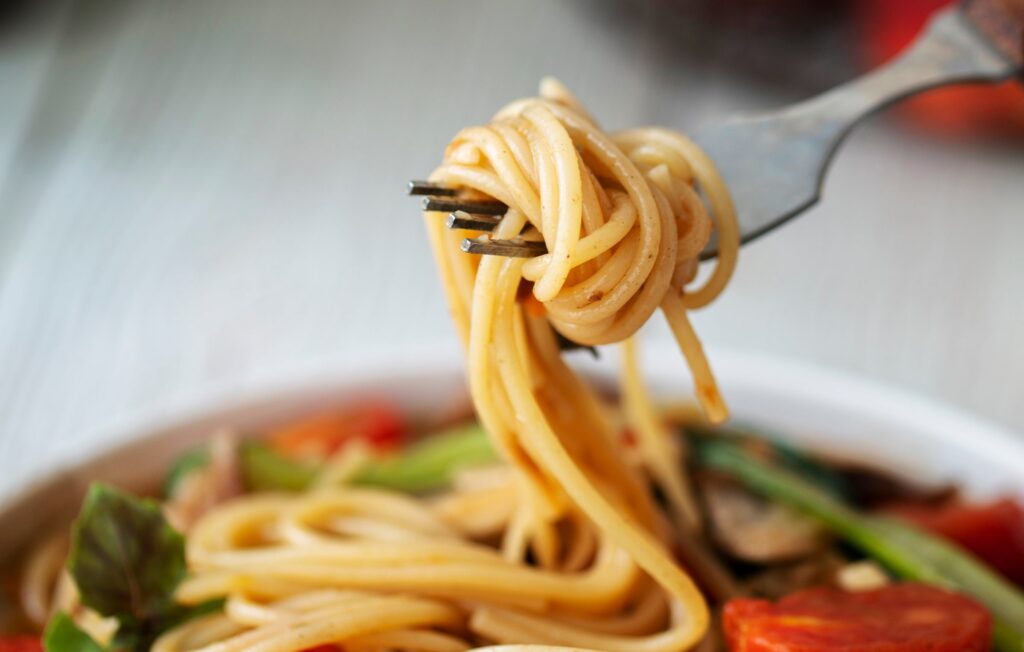Your Ultimate Guide to Marathon Preparation
As race day approaches, the excitement and tension build for marathon runners. Proper preparation is vital, and this includes everything from final training sessions to meal planning. Understandably, the weeks leading up to race day can be filled with nerves and anticipation. In this guide, we will cover everything you need to know, from taper week nutrition to what to eat on race morning.
The Importance of Nutrition in Taper Week
Taper week is the period before the marathon where runners decrease their mileage to allow their bodies to recover. This time is crucial for replenishing energy stores and optimizing performance. According to Tara Martine, a registered dietitian and seasoned runner, “During taper week, the goal is to rest your body and fully recover from all the hard work you’ve put in.” A well-planned nutrition regimen will give you the confidence you need as you approach race day.
Foods to Focus On During Taper Week
During the week leading up to the marathon, athletes should focus on consuming a diet rich in fruits, vegetables, whole grains, legumes, and healthy fats like nuts and seeds. It’s advisable to avoid processed foods and refined sugars. Aim for a diet where at least 70 percent of your total calorie intake comes from carbohydrates. This strategy helps replenish glycogen stores, essential for optimal performance during the race.
The Hydration Factor
Hydration should not be overlooked during taper week. Drink plenty of water and monitor your urine color to ensure adequate hydration. A pale or light yellow color indicates proper hydration. If you are traveling, especially by air, remember that flights can be dehydrating, so consider requesting additional water from flight attendants. Proper hydration will enhance your energy levels and endurance on race day.
Last-Minute Meal Planning
Planning what to eat the night before the race is crucial. Opt for a high-carb, low-fat meal that you are familiar with to prevent any digestive issues. Meals should be low in fiber to avoid cramping or bloating on race morning. Popular choices include classic spaghetti rather than whole-grain options. Be cautious about the timing as well; aim to eat well before bedtime to allow digestion to occur before the race.
Race Day Breakfast Essentials
On the morning of the marathon, stick to your usual breakfast routine to avoid any gastrointestinal discomfort. About 2-3 hours prior to the race, consume 1.5 to 2.5 cups of fluids to ensure you’re hydrated. Fuel up with 15-20 grams of carbohydrates shortly before the start, using the gels or chews you’ve practiced with during training. Familiarity with what you eat is key to preventing surprises on race day.
Final Thoughts and Tips
As race day approaches, remember that everything you’ve trained for hinges not only on physical preparedness but also on proper nutrition. From taper week to race morning, each meal and hydration choice plays a pivotal role in your marathon success. For more tips on meal planning and fueling, check resources like Women’s Running. Planning well can transform your race experience, making it enjoyable and fulfilling.
